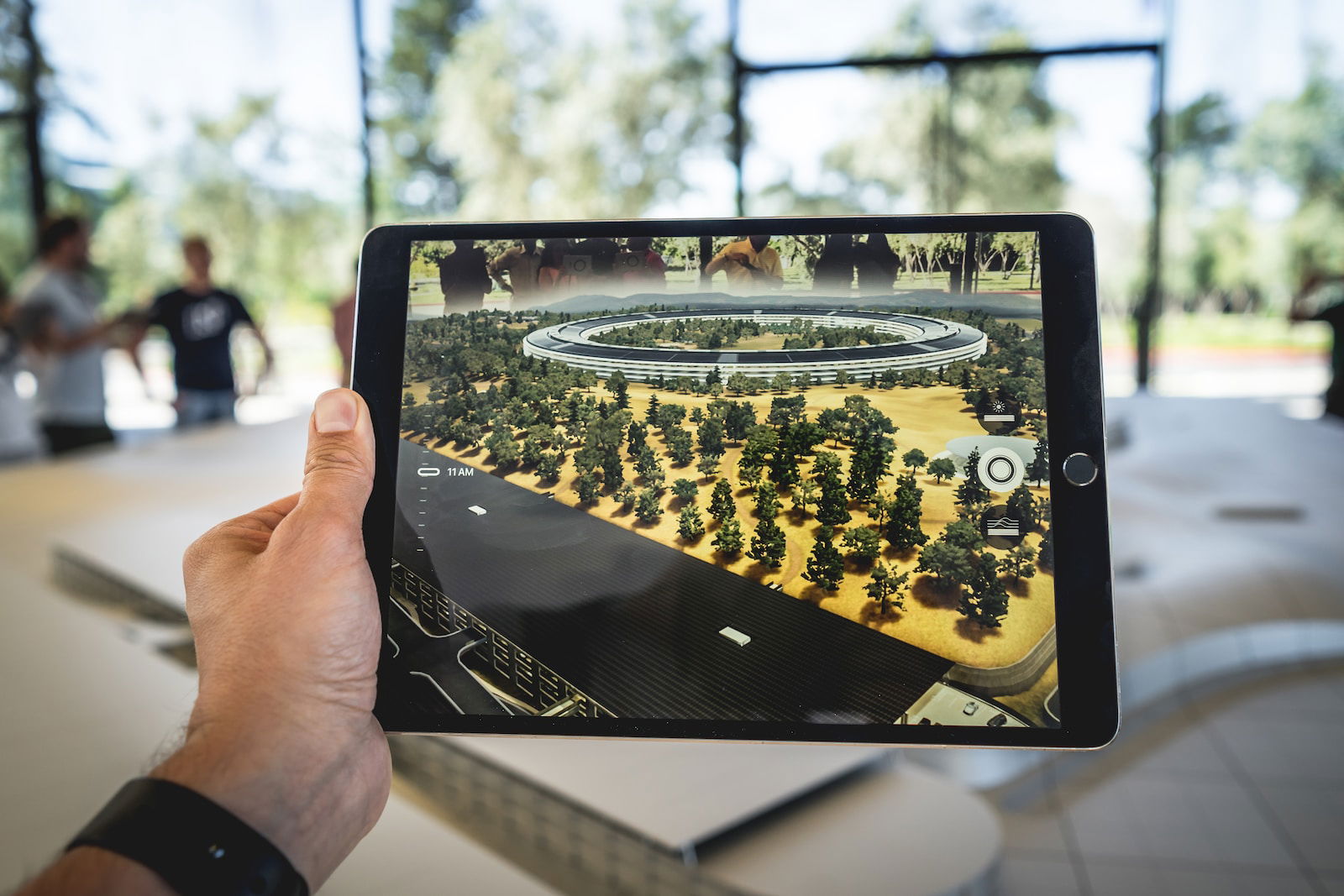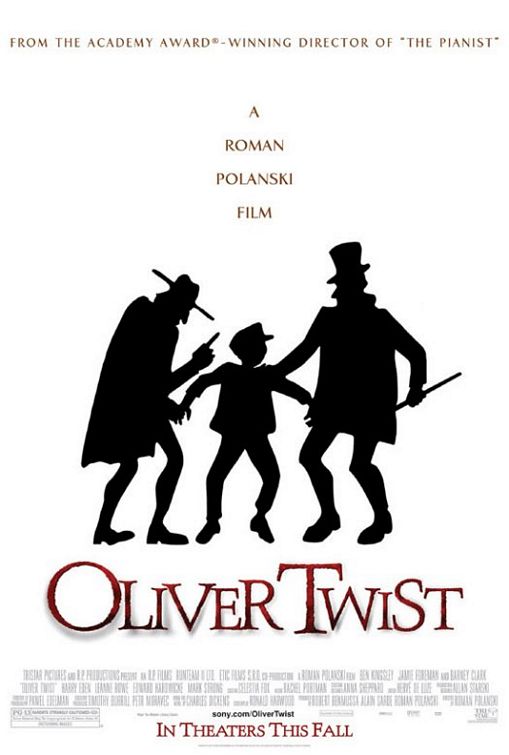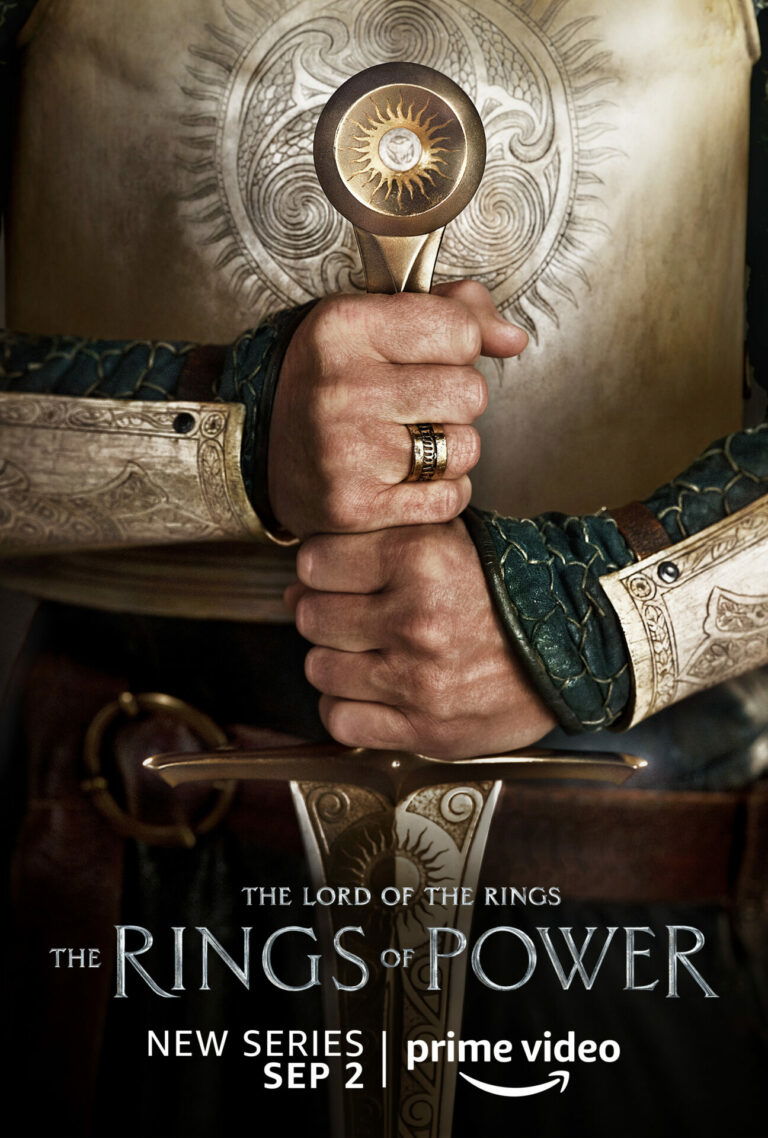 How AI-Generated Art Copyright Ruling Could Impact Hollywood
How AI-Generated Art Copyright Ruling Could Impact Hollywood
By Movieguide® Contributor
A federal judge recently ruled that AI-generated art is not eligible for copyright protections under current copyright law.
“[U.S. copyright law] protects only works of human creation,” and is “designed to adapt with the times,” said District Judge Beryl Howell, according to The Hollywood Reporter. This is because human creativity is “at the core of copyrightability, even as that human creativity is channeled through new tools or into new media.”
Howell’s ruling came as Stephen Thaler, chief executive of neural network firm Imagination Engines, fought to overturn a decision by the U.S. Copyright Office to deny his copyright request on a piece of AI-generated art. The art piece in question—“A Recent Entrance to Paradise”—was “autonomously created by a computer algorithm running on a machine,” and was thus denied on the basis that only works created by humans can be copyrighted.
Thaler sued the U.S. Copyright Office, arguing that AI should qualify “as an author where it otherwise meets authorship criteria.” He claimed the copyright denial was “arbitrary, capricious, and abuse of discretion and not in accordance with the law.”
Because the request was denied based on the lack of human intervention or creation in the art piece, this court case decided if works generated solely by a computer can be protected by copyright law.
For Judge Howell, the answer was obvious.
“In the absence of any human involvement in the creation of a work, the clear and straightforward answer is the one given by the Register: No,” Howell wrote.
“Human involvement in, and ultimate creative control over, the work at issue was key to the conclusion that the new type of work well within the bounds of copyright,” she added.
Her basis for this unambiguous decision comes from her understanding of the purpose behind copyright law. She explained that copyright law exists to encourage “human individuals to engage in” creation.
The U.S. government created copyrights and patents, understanding that protecting intellectual property is just as important as protecting physical property.
“The act of human creation—and how to best encourage individuals to engage in that creation, and therefore promote science and useful arts—was thus central to American copyright from its very inception,” Judge Howell said.
“Copyright has never stretched so far…as to protect works generated by new forms of technology operating absent any guiding human hand,” her ruling added, according to Observer.
In making this claim, Howell pointed to a previous court case in which an appellate court decided that a photo taken by a monkey could not qualify for copyright protection because animals aren’t human. “[The] plaintiff can point to no case in which a court has recognized copyright in a work originating with a non-human,” Judge Howell said.
This landmark case and decision could change the trajectory of the entertainment industry as every major studio is currently working to implement AI in its creation process, as Movieguide® previously reported.
If studios cannot copyright AI-generated material, they would certainly rethink using the technology, not wanting their IPs to immediately enter the public domain.
While works completely generated by AI are currently unavailable for copyright protection, the copyright office has clarified that works created by humans with the assistance of AI still qualify for full protection.
Studios, therefore, will be required to keep humans involved in all aspects of the creation process—whether or not they implement AI tools—to ensure their works qualify for copyright protection.
This necessity may change the game plan for studios who otherwise might have given some aspects of the creative processes fully to AI.
As AI is one of the main issues in the ongoing writers’ strikes, this court decision may help turn the tides in the writers’ favor.
Movieguide® previously reported:
The use of AI in the entertainment industry has emerged as a key issue in the ongoing actors’ and writers’ strikes. Both groups want the use of AI in their fields to be banned as they fear the technology could replace a worrying number of jobs. Their cries, however, appear to be falling on deaf ears.
Disney—a company that has become one of the villains of the strike—is currently expanding its “imagineering” team, the group in charge of their theme parks. One role is for an R&D position focused on generative AI; the position calls for someone with the “ambition to push the limits of what AI tools can create and understand the difference between the voice of data and the voice of a designer, writer or artist.”
Questions or comments? Please write to us here.


 - Content:
- Content: 

